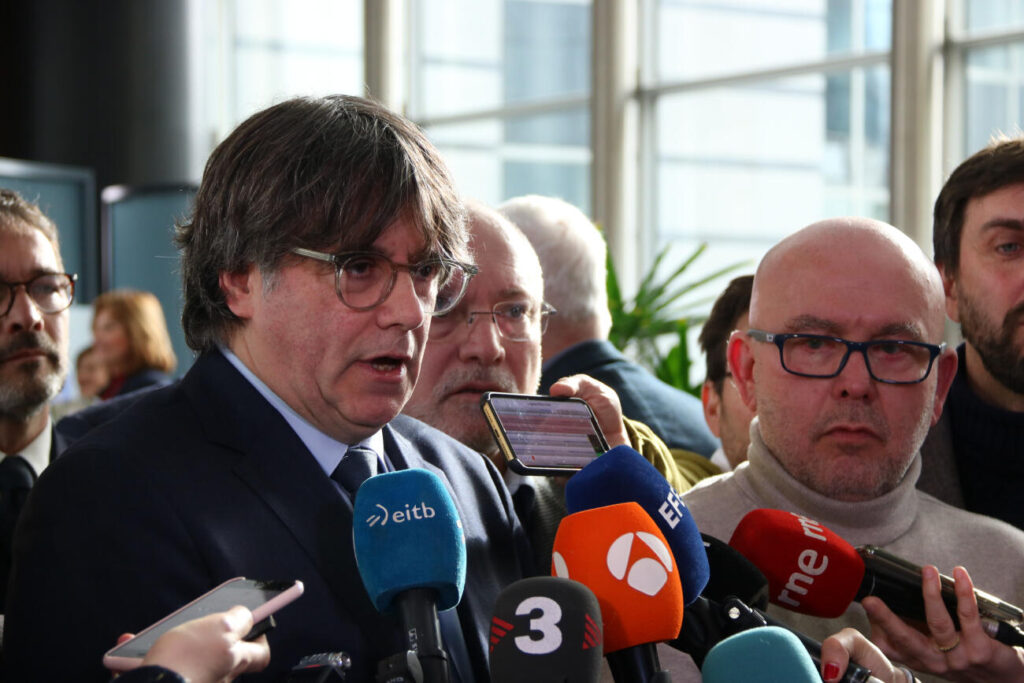18.05.2023 - 15:28
|
Actualització: 18.05.2023 - 15:33
The UN has dealt Spain a new blow for its repression against the Catalan independence movement. The Committee on Human Rights has condemned Spain for violating the political rights of President Carles Puigdemont, suspended as MP in 2018 without what the UN believes to be “reasonable and objective” grounds — that is, without a firm legal conviction. The committee has now given Spain a period of 180 days to take the appropriate measures and take heed of the ruling. “The state has an obligation to take all necessary measures to prevent similar violations from occurring in the future,” it adds.
According to the ruling, Spain has violated Article 25 of the International Covenant on Civil and Political Rights, that is, the right to stand for and be elected in an election in order to serve as public representative. This, argues the committee, “is the essence of democratic governance,” adding later on that “all citizens have the right to participate in the conduct of public affairs, directly or through freely chosen representatives.”
As such, the ruling not only certifies the violation of Puigdemont’s rights but also indirectly confirms that the rights of the citizens who voted for him in the December 21st, 2017 election were also trampled upon. Regarding Puigdemont’s investiture, the committee takes note of the defense’s argument that the president’s presence in the Catalan parliament would have led to his arrest and imprisonment.
The case Puigdemont v. Spain began in March 2018, when the Catalan president’s legal team, led by lawyer Ben Emmerson and supported by Josep Costa, Gonzalo Boye, Neus Torbisco-Casals, and Nico Krisch, filed the complaint before the Committee on Human Rights.
A few months ago, the European judiciary made a clear pronouncement on the extradition requests put forward by Spain against the Catalan independence leaders exiled in Belgium. It ruled, through the CJEU, that an extradition request could be refused if the requested person belonged to an “objectively identifiable group of persons” which put them in risk of having their human rights violated.
This is not the first time the UN has spoken out about the situation of the Catalan exiles. The Working Group on Arbitrary Detention has demanded the release of all pro-independence political prisoners in Spain, and the Committee on Human Rights itself has previously condemned the Spanish state for violating the political rights of Oriol Junqueras, Josep Rull, Jordi Turull, and Raül Romeva after they were suspended as MPs following the election on December 21, 2017.
On the other hand, the committee is also in the process of considering another complaint regarding the efforts of the Spanish Constitutional Court to prevent the swearing in of Carles Puigdemont. It was filed by former vice-president of the Catalan Parliament, Josep Costa, following the legal threats he received –including imprisonment– from the Spanish government and Spanish Constitutional Court.
The Committee on Human Rights has a jurisdiction comparable to that of the European Court of Human Rights (ECHR), and issues rulings that are binding for the Spanish state, which has been a signatory to the International Covenant on Civil and Political Rights since 1977.



